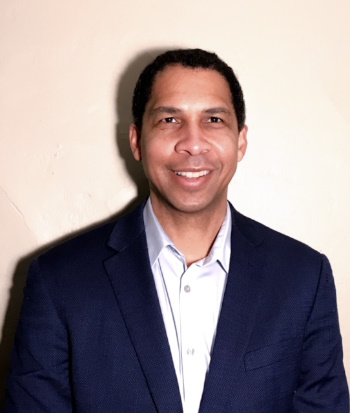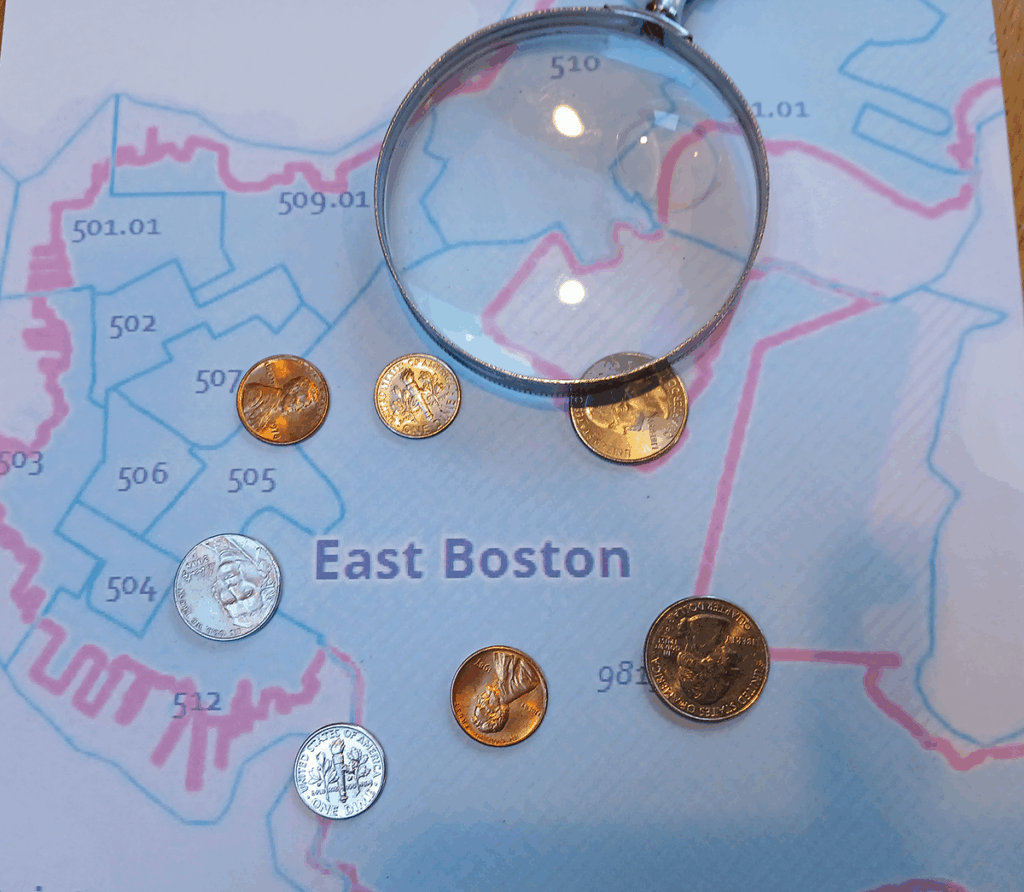
Have questions?
Vincent Hicks is a Spanish- and Portuguese-speaking CPA based here in Massachusetts. He helps individuals and business owners tackle financial issues with clarity and confidence. His website is www.hickscpasolutions.com. He can be reached by email at vincent@hickscpasolutions.com or by phone at 859-553-0788.
Disclaimer: This tip provides general financial information and should not be considered tax, legal, or investment advice. Always consult a qualified professional regarding your specific situation.
Money Map Tip of the Week (October 13, 2025)
Q: Are there any changes in the 2025 tax law that could meaningfully affect my taxes as a homeowner or full-time employee?
A: Yes — one of the most helpful changes is an increase in the SALT deduction cap.
• SALT stands for State And Local Taxes, and it includes what you pay in state income taxes and property taxes.
• In 2025, the deduction cap for these taxes jumps from $10,000 to $40,000 for both single filers and married couples filing jointly.
• That means more people — especially here in places like Massachusetts — may be able to itemize their deductions again instead of taking the standard deduction.
• And remember: bigger deductions = lower taxable income = lower taxes owed!
• If your income is around or above $500,000, the benefit starts to phase out — but even then, it’s worth checking.
• Most tax software should catch the change, but it’s smart to double-check or consult a tax pro.
Bottom line: If you’re a homeowner or pay a good amount in state or property taxes, this SALT cap change could mean real savings on your 2025 return.
Money Map Tip of the Week (October 6, 2025)
Q: Have you ever heard of the mindsets of “farming vs. fishing” — and how this mindset model can shape your finances?
A: Some money moves pay off over time (farming), while others aim for quick results (fishing). The best financial plans use both.
• Farming moves:
– Automatic savings & retirement investing
– Building credit or skills slowly
– Networking to grow long-term opportunities
• Fishing moves:
– Freelance or side gigs
– Selling unused items
– Applying for a loan or fast relief
Pro tip: Some actions — like networking — start as farming, but can lead to short-term wins.
Ask yourself: Which type of thinking is missing in my current plan?
Balancing both can build not just income — but peace of mind!
———————————————————————————–
Money Map Tip of the Week (September 25, 2025)
Q: Have you heard the old saying, “A penny saved is a penny earned”?
A: It’s a classic from Benjamin Franklin — but in today’s world, saving a dollar is actually worth more than earning one. Why? Because you don’t pay taxes on a dollar you save, while every dollar you earn gets taxed. Depending on your tax bracket, saving $1 can be the equivalent of earning $1.30–$1.50 before taxes.
Here’s how this adds up in your favor:
• Savings are tax-free: To have $1 after taxes, you often need to earn $1.30 or more.\
• Avoiding debt interest is just as powerful: Paying off a credit card charging 20% interest is like earning 20% on an investment — nearly impossible to find legally anywhere else!
• Small savings add up fast: Making consistent, conscious choices to avoid wasteful spending is a guaranteed return — risk-free and immediate.
So yes — a penny saved might actually be the smartest penny you’ll ever earn!
Money Map Tip of the Week (September 12, 2025)
Q: How important is it for both partners in a relationship to be on the same financial page?
A: Extremely! While everyone has different financial styles and preferences, successful partnerships are built on a shared understanding of how money decisions are made — and how to navigate differences.
Here are a few key reminders for couples managing money together:
• Decide how financial decisions will be made.Whether you agree easily or often disagree, there should be a clear and respectful process for working things out.
• Balance authority and accountability. Even if one person earns more or handles the day-to-day money tasks, both partners contribute — and both should have a voice.
• Talk regularly — not just during emergencies. Setting aside time for check-ins can prevent misunderstandings and build mutual confidence.
• Work as a team when challenges arise. If one person overspends or avoids budgeting, don’t assign blame — focus on solutions that support your shared goals.
____________________________________________________________________________
Money Map Tip of the Week (September 4, 2025)
Q: What do elderly people often say they wish they’d focused more on in life?
A: Surprisingly, the answers are incredibly consistent—and they aren’t about money in the bank or job titles!
Across interviews and hospice conversations, people often say they wish they had:
• Spent more time with loved ones
• Taken better care of their health
• Focused on what truly mattered to them—not just what was expected
• Lived more in the present instead of always chasing “someday” goals
So what does this have to do with your finances?
Everything!
If your financial plan doesn’t reflect your real priorities—like having time for your kids, taking care of your body, or traveling while you’re still able—it might be time to adjust. A clear financial strategy should serve your vision of a good life.
Ask yourself: Is my money supporting what matters most to me—right now and in the long run?
⸻
Any questions? I’m Vincent Hicks, a Massachusetts based CPA. Reach out at my website www.hickscpasolutions.com or at vhicksconnect@gmail.com or (859) 553-0788.
Disclaimer: This column provides general financial information and should not be considered legal, investment, or tax advice. Always consult a qualified professional for personal guidance.
Vincent T. Hicks, CPA
Founder | Hicks CPA Solutions
☎️ 859-553-0788
—————————————————————————————————-
Money Map Tip of the Week (August 28, 2025)
Q: Is there anything I can do if the IRS says I owe taxes, penalties, or interest—but I’m sure they’re wrong?
A: Yes! You can request a tax abatement, which is the formal process for asking the IRS (or your state) to remove incorrect charges.
Here’s what to know:
• Use Form 843 for most IRS abatement requests—or respond directly to a notice via your IRS.gov account.
• Online is better—log into your IRS account and submit documentation right through the system.
• It’s not just the IRS—state tax agencies like Massachusetts DOR have similar abatement processes.
• Be specific—explain why the amount is wrong and include proof (e.g., corrected forms, payment history, etc.).
Bottom line: If something doesn’t look right, don’t ignore it—you have the right to ask for it to be fixed.

















